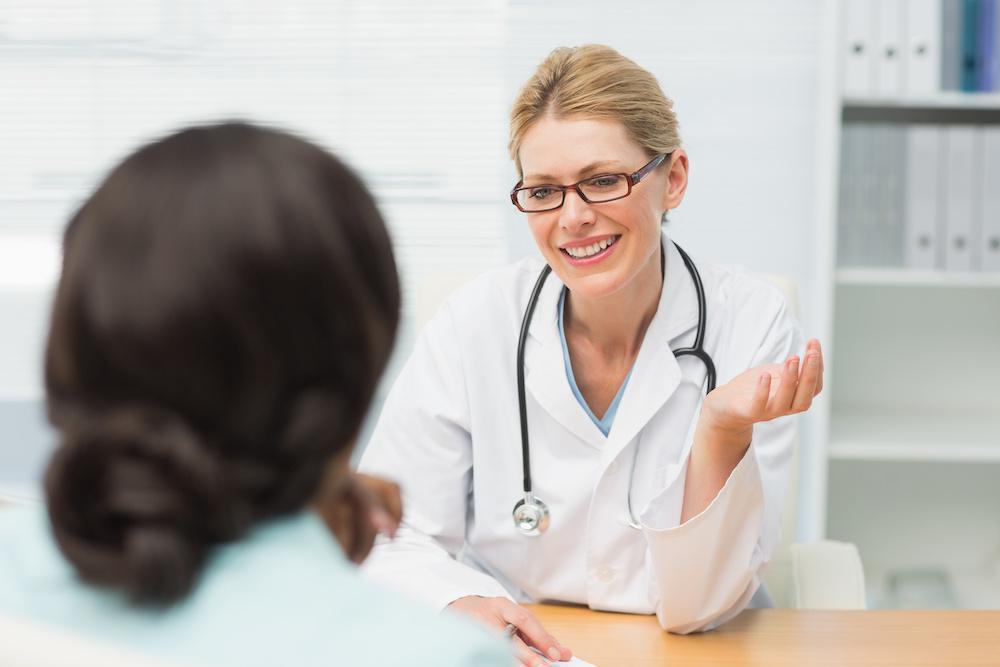Understanding Orthobiologics: How Your Body Heals Itself
It’s easy to take the healing process for granted, especially since most of it is invisible to the naked eye.
The human body has hundreds of types of cells. They’re each unique and perform a specific task, especially when it comes to the healing process. For example, some cells help blood clot, while others repair damage or disease. This makes the healing agents in your body highly beneficial for therapeutic purposes, especially when used in orthopaedic medicine.
Orthobiologic treatments tap into this natural ability by harvesting the healing agents in your body to reduce pain and inflammation, promote new cell growth, repair damage, and accelerate healing.
Dr. Jared Tadje offers orthobiologic treatments at Tadje Orthopaedics in Meridian, Idaho. In this post, he explains how orthobiologic therapies work and what you can expect.
Taking a Closer Look at Orthobiologics
Whenever you hurt yourself, healing cells get called to the area. Once they arrive, they get to work repairing damage, which relieves pain and restores function.
Orthobiologic treatments work by harvesting these healing agents and delivering them in higher concentrations directly to an injury site to supercharge the healing process.
There are different types of orthobiologic treatments that offer therapeutic benefits. Two of the most often used include stem cells harvested from the hip bone or adipose tissue, and platelet-rich plasma (PRP) obtained from the blood.
Dr. Tadje can make personalized orthobiologic treatment recommendations based on your diagnosis.
What to Expect From Orthobiologic Treatments
We might recommend orthobiologic treatments to heal a variety of pain conditions, ranging from sports injuries to bone fractures and osteoarthritis.
The first step involves harvesting some of your cells from your hip, adipose tissue, or blood. Then we prepare the sample in a centrifuge machine. We can also use purchased orthobiologic treatments delivered in advance to the clinic.
We administer orthobiologic therapies on an outpatient basis. They involve a targeted injection into your pain site, so we can also provide local anesthetics to keep you comfortable throughout the process. Once you have your therapeutic injection, you can go home and usually resume regular activity immediately.
Recovery and Results
It’s normal to experience tenderness and discomfort at the treatment site. This indicates the healing process is underway. As the concentrated orthobiologics get to work repairing damage and generating new cells, you can expect to see your symptoms begin to improve.
Healing times vary from person to person. Some of our patients see significant improvement in their symptoms within days of their treatment, but it can take weeks for others. In general, plan on about a month to see the maximum benefits from your injection.
In many cases, Dr. Tadje recommends a series of orthobiologic treatments to provide optimal results. But while early evidence shows great promise with orthobiologic therapy, insurance often doesn’t cover these treatments.
As a result, Dr. Tadje discusses all of your options to help determine if the extra cost is right for you.
Are you curious to see orthobiologic treatments at work? Contact Tadje Orthopaedics to book an appointment with Dr. Tadje by calling 208-515-2654 today.

